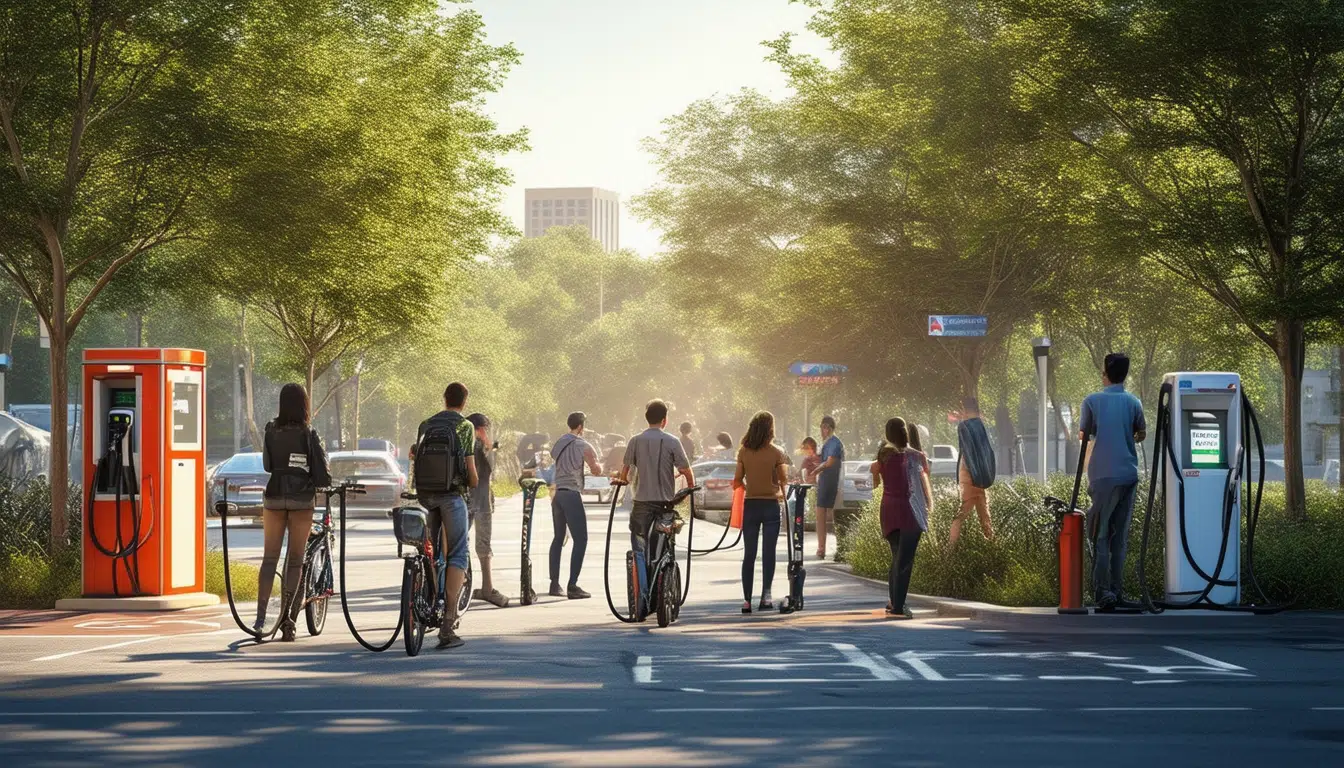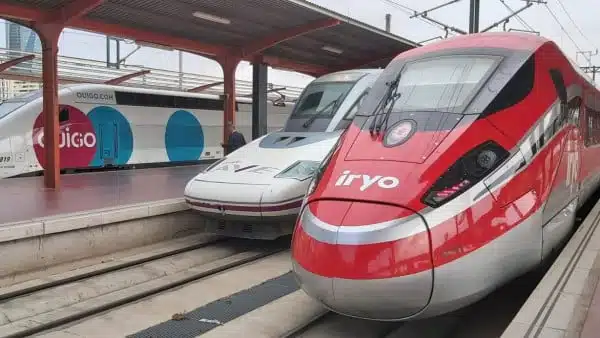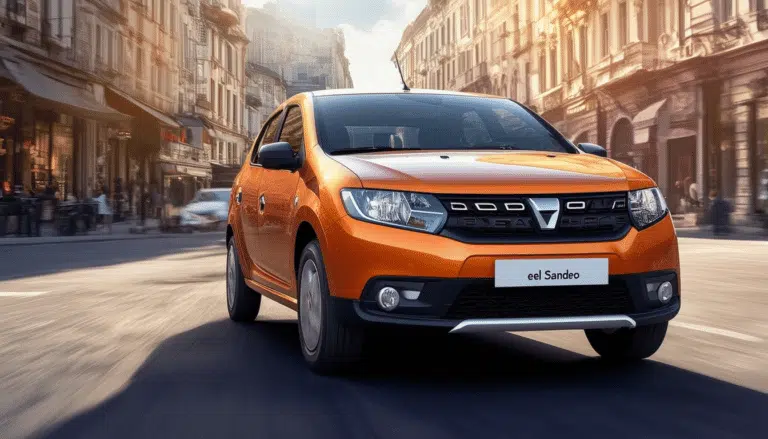Effective strategies for reducing gasoline consumption

In a world where sustainability and concern for the environment are increasingly important, it is essential to adopt effective strategies for reducing gasoline consumption. These practices not only help decrease the carbon footprint but also generate a significant savings in the family budget. Below are various recommendations that promote efficient and responsible driving, in addition to facilitating a more sustainable lifestyle.
Reducing gasoline consumption is not only beneficial for the wallet; it also contributes to environmental sustainability. Implementing effective strategies can lead to significant savings on fuel bills and a lower carbon footprint. Below are various tactics that any driver can apply to optimize their gasoline consumption and improve their efficiency behind the wheel.
Proper vehicle maintenance
A vehicle in optimum condition is essential to ensure efficient gasoline consumption. Performing regular maintenance, including checking the air and fuel filters, ensures proper airflow and improves combustion. Additionally, it is advisable to keep the tires properly inflated, as inadequate pressure can increase resistance and, consequently, fuel consumption.
Efficient driving
The way we drive has a great impact on gasoline consumption. Avoiding sudden accelerations and hard braking, as well as maintaining a constant speed during the trip, helps conserve fuel. Practices such as driving in higher gears and avoiding prolonged idling can significantly reduce energy expenditure.
Route planning
Before embarking on a journey, it is wise to plan the route properly. Using navigation apps or tools that allow you to identify the shortest and quickest route can help avoid unnecessary stops and traffic, resulting in fuel savings. Additionally, preparing outings and avoiding unnecessary trips are habits that contribute to optimizing consumption.
Use of alternative fuels
Opting for alternative fuels, when possible, can make a significant difference. There are increasingly more options in the market that reduce harmful emissions, which not only helps the environment but can also result in long-term savings. The use of biodiesel in diesel vehicles, for example, is presented as a viable alternative for those who wish to decrease their traditional gasoline consumption.
Education on consumption habits
Being informed about fuel efficiency and best driving practices can lead to a significant change in usage habits. Participating in efficient driving courses or simply reading about the subject can provide valuable tools that promote a more conscious and responsible driving style.
Optimizing air conditioning use
The use of air conditioning in the vehicle is a factor to consider. When possible, it is recommended to use natural ventilation instead of air conditioning, especially at low speeds. On long trips and at high speeds, air conditioning can be more efficient than opening the windows, as it reduces the car’s aerodynamic drag.
Encouraging the use of public transport
Using public transport or encouraging alternatives such as biking or walking, when possible, can significantly contribute to reducing gasoline consumption. Not only does it decrease dependence on the car, but it also promotes a healthier and more sustainable lifestyle.
Implementing these strategies not only generates a positive impact on personal spending but also represents a commitment to environmental conservation. The conscious and responsible choice reflects not only a concern for the economy but also respect for our surroundings. For more information on how energy-saving technologies are transforming mobility, you can visit specific sources such as this article.
In the quest to minimize gasoline spending, it is essential to adopt effective strategies that not only benefit our economy but also contribute to environmental care. The way we drive can significantly influence fuel consumption, making efficient driving a priority. This includes avoiding sudden accelerations, abrupt braking, and maintaining a constant speed. These small adjustments in our driving style can result in considerable savings in the long run.
Additionally, trip planning is a key strategy. Scheduling routes in advance and avoiding traffic can reduce unnecessary driving time and, therefore, gasoline consumption. Using navigation apps that show the fastest and least congested route can be very helpful in achieving this goal.
Proper vehicle maintenance also plays a crucial role. Regularly checking the tires and ensuring they are inflated to the correct pressure, as well as keeping the air and oil filters in good condition, optimizes engine performance. A well-maintained engine consumes less fuel and is more efficient.
Alternatives such as using public transport or promoting micromobility through bicycles or electric scooters are also effective options to reduce dependence on cars and, consequently, gasoline consumption. Promoting this transition not only decreases individual costs but also helps reduce the collective carbon footprint.
Finally, adopting sustainable driving habits, such as turning off the engine during extended stops, can be a simple yet impactful change that contributes to reducing gasoline expenses. These actions, while they may seem minor, translate into significant benefits for both our personal economy and the environment.




